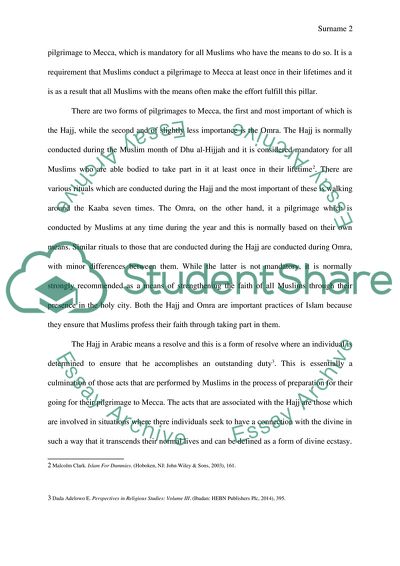Cite this document
(What Makes Omra and Hajj Big Part of Islam Essay Example | Topics and Well Written Essays - 3000 words, n.d.)
What Makes Omra and Hajj Big Part of Islam Essay Example | Topics and Well Written Essays - 3000 words. https://studentshare.org/religion-and-theology/1880655-hajj
What Makes Omra and Hajj Big Part of Islam Essay Example | Topics and Well Written Essays - 3000 words. https://studentshare.org/religion-and-theology/1880655-hajj
(What Makes Omra and Hajj Big Part of Islam Essay Example | Topics and Well Written Essays - 3000 Words)
What Makes Omra and Hajj Big Part of Islam Essay Example | Topics and Well Written Essays - 3000 Words. https://studentshare.org/religion-and-theology/1880655-hajj.
What Makes Omra and Hajj Big Part of Islam Essay Example | Topics and Well Written Essays - 3000 Words. https://studentshare.org/religion-and-theology/1880655-hajj.
“What Makes Omra and Hajj Big Part of Islam Essay Example | Topics and Well Written Essays - 3000 Words”. https://studentshare.org/religion-and-theology/1880655-hajj.


